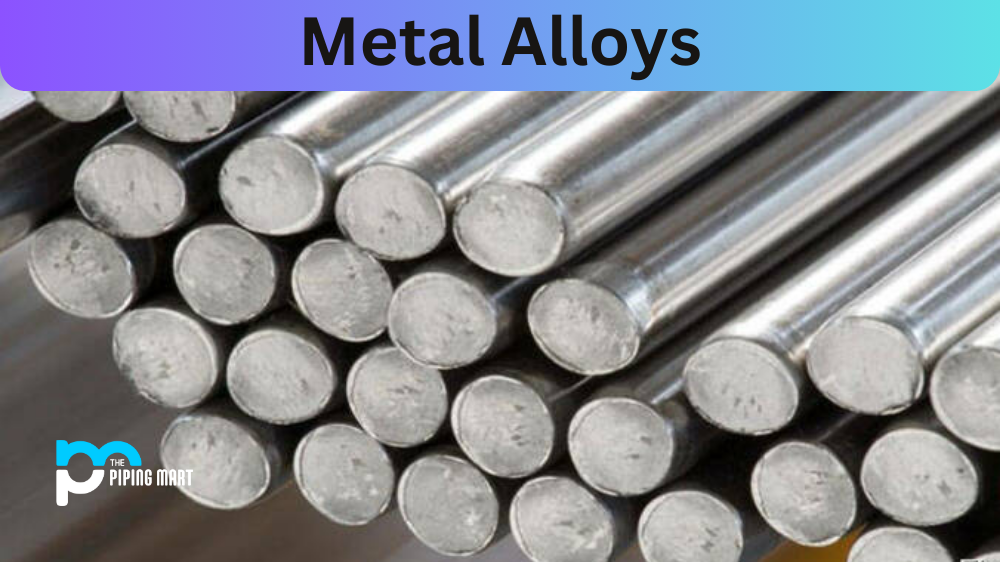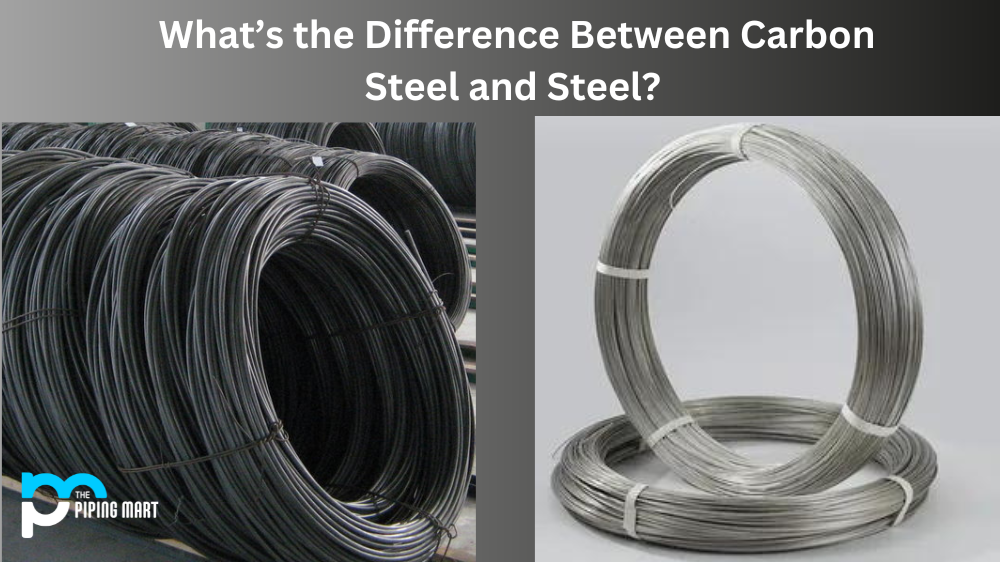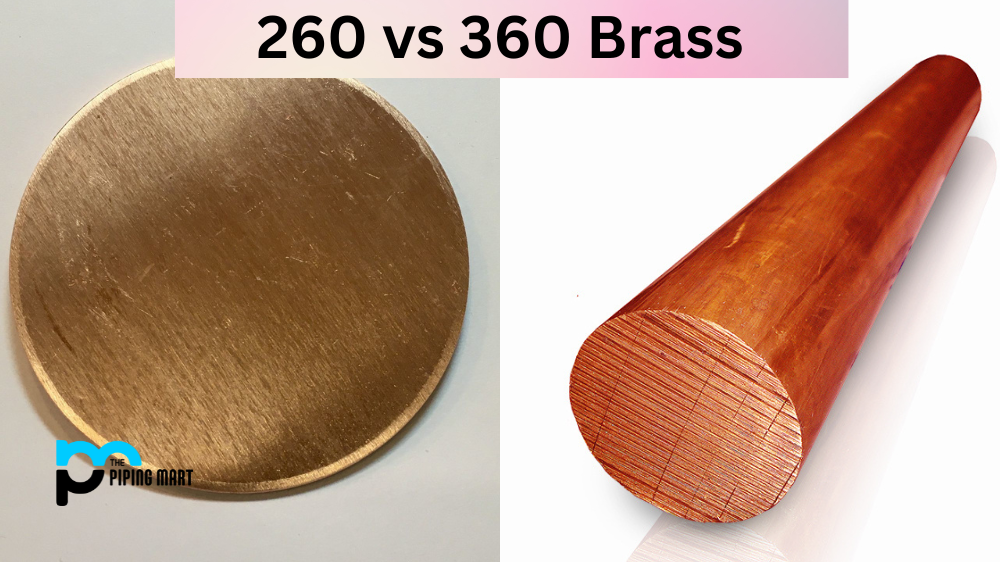Metal alloys are
- essential to modern industries,
- playing a significant role in construction,
- transportation, and
- manufacturing processes.
Metal alloys are formed by mixing two or more metallic elements to create a new, improved material that exhibits unique physical and chemical characteristics. The various benefits of metal alloys have led to their widespread use, and in this blog, we will explore the different types of metal alloys and their unique characteristics.
What are Metal Alloys?
Metal alloys combine one or more metal elements with some other element, usually another metal. They combine in various ratios to form an alloy with properties different from the individual metals used to create it. Alloys are typically stronger and lighter than pure metals, making them attractive for applications where strength is important and weight could be a factor. Common examples of metal alloys include steel, bronze, brass, copper-nickel, and magnesium alloys. Each type of alloy has its unique characteristics due to the ratio of metals used and how they interact with each other during heat treatment—such as quenching or tempering—and during other processing treatments like machining or cold-working. Metal alloys allow us to create components with specific qualities required for our needs, such as increased durability, strength, and corrosion resistance, which can’t always be achieved with single elements alone.
Exploring the Unique Characteristics of Different Metal Alloys
Steel:
Steel is an alloy that mixes iron with other elements, including carbon, chromium, and nickel. This versatile material has several unique properties, including its strength, durability, and resistance to corrosion. Steel is widely used in various industries, including construction, automotive manufacturing, and nuclear power plants. Different types of steel offer varying degrees of strength, hardness, and ductility, and they are all versatile and efficient for their intended use.
Copper Alloys:
Copper alloys, including brass and bronze, are commonly used in construction and manufacturing due to their unique physical and chemical properties. Brass, made up of copper and zinc, is highly resistant to corrosion and has a low melting point, making it ideal for plumbing fittings and electrical components. Bronze, made up of copper with tin, has high durability, strength, and resistance to corrosion, making it suitable for manufacturing machine parts and coins.
Titanium Alloys:
Titanium alloys are lightweight and versatile materials used in aerospace and medical equipment industries. These alloys have a high strength-to-weight ratio, exceptional heat, and excellent corrosion resistance. Together with other metals like aluminium and vanadium, titanium alloys exhibit unique characteristics that make them ideal for specific applications. For instance, the combination of aluminium and titan creates an alloy suitable for jet engine parts and propeller blades.
Aluminium Alloys:
Aluminium alloys combine aluminium with other metals, such as copper, manganese, magnesium, and zinc, to form unique materials that are lightweight, durable, and corrosion-resistant. These alloys are used in the construction of aircraft and automobiles and in the manufacture of consumer electronics, sporting goods, and packaging materials. Their high strength, versatility, and ductility make them suitable for various applications.
Iron Alloys:
Iron alloys, including cast iron and wrought iron, are used in different structural and functional applications. Cast iron is highly resistant to wear and is used in engine blocks, piping, and construction works. Wrought iron is durable, malleable, and corrosion-resistant and is used for decorative ironwork and fencing. Iron alloys are commonly used with elements like carbon, nickel, and chromium to create unique materials for different applications.
Conclusion:
Metal alloys have played a critical role in various industries for several years, and their unique properties make them ideal for specific applications. Understanding the characteristics of different types of alloys is crucial for selecting the ideal material for different applications. The versatility, durability, and strength of metal alloys have made them indispensable to modern industries, and their use will continue to increase as technology advances.
Sakshee is a talented blogger, with a particular focus on the Business and Metal Industry. She is passionate about sharing her insights on various metal products and helping professionals to make a better decisions.



